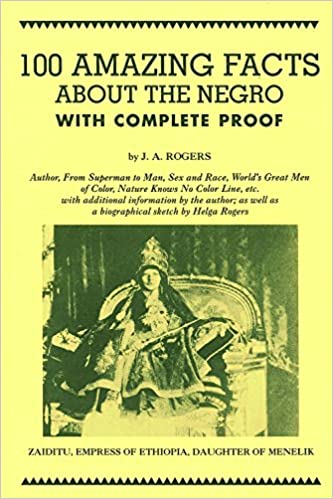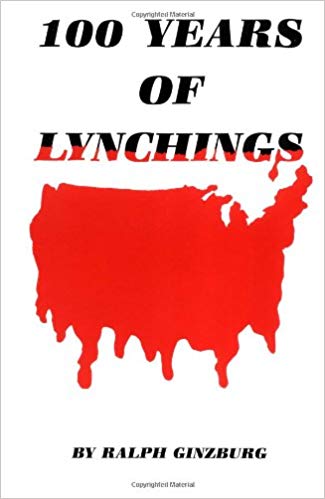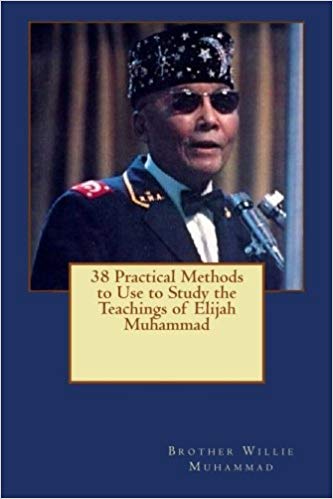
Up From Slavery: An Autobiography
Up From Slavery
An Autobiography
By Booker T. Washington
THE CLASSIC ANTI-SLAVERY BOOK
THE BOOK ALL AMERICA SHOULD READ
Up from Slavery is the 1901 autobiography of Booker T. Washington detailing his personal experiences in working to rise from the position of a slave child during the Civil War, to the difficulties and obstacles he overcame to get an education at the new Hampton University, to his work establishing vocational schools—most notably the Tuskegee Institute in Alabama—to help black people and other disadvantaged minorities learn useful, marketable skills and work to pull themselves, as a race, up by the bootstraps. He reflects on the generosity of both teachers and philanthropists who helped in educating blacks and native Americans. He describes his efforts to instill manners, breeding, health and a feeling of dignity to students. His educational philosophy stresses combining academic subjects with learning a trade (something which is reminiscent of the educational theories of John Ruskin). Washington explained that the integration of practical subjects is partly designed to reassure the white community as to the usefulness of educating black people.
This book was first released as a serialized work in 1900 through The Outlook, a Christian newspaper of New York. This work was serialized because this meant that during the writing process, Washington was able to hear critiques and requests from his audience and could more easily adapt his paper to his diverse audience.
Washington was a somewhat controversial figure in his own lifetime, and W. E. B. Du Bois, for example, criticized some of his views. The book was, however, a best-seller, and remained the most popular African American autobiography until that of Malcolm X. In 1998, the Modern Library listed the book at No. 3 on its list of the 100 best nonfiction books of the 20th century.
INTRO
To teach the Negro to read, whether English, or Greek, or Hebrew, butters no parsnips. To make the Negro work, that is what his master did in one way and hunger has done in another; yet both these left Southern life where they found it. But to teach the Negro to do skilful work, as men of all the races that have risen have worked,—responsible work, which IS education and character; and most of all when Negroes so teach Negroes to do this that they will teach others with a missionary zeal that puts all ordinary philanthropic efforts to shame,—this is to change the whole economic basis of life and the whole character of a people.
The plan itself is not a new one. It was worked out at Hampton Institute, but it was done at Hampton by white men. The plan had, in fact, been many times theoretically laid down by thoughtful students of Southern life. Handicrafts were taught in the days of slavery on most well-managed plantations. But Tuskegee is, nevertheless, a brand-new chapter in the history of the Negro, and in the history of the knottiest problem we have ever faced. It not only makes "a carpenter of a man; it makes a man of a carpenter." In one sense, therefore, it is of greater value than any other institution for the training of men and women that we have, from Cambridge to Palo Alto. It is almost the only one of which it may be said that it points the way to a new epoch in a large area of our national life.




